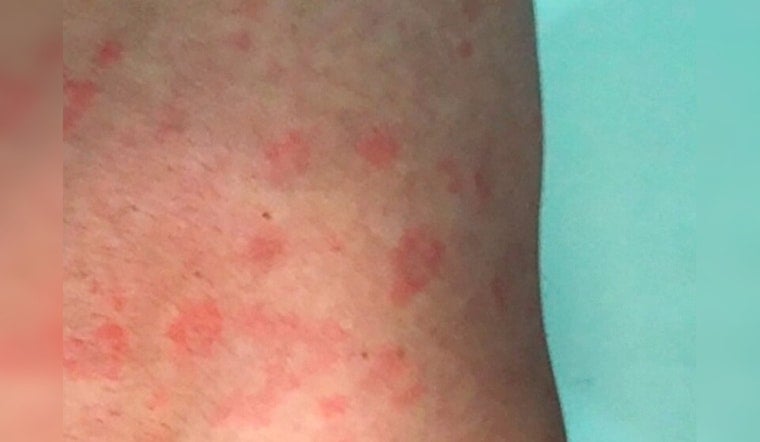
As STI rates continue their accelerated climb in Austin, syphilis has taken center stage, causing concern for both healthcare providers and the public. Austin has seen a significant increase in syphilis cases, mirroring a disturbing national trend. Officials reported a steep 80% national rise in syphilis rates from 2018 to 2022, with Austin reflecting this uptick, according to Austin American Statesman.
In a detailed examination of the issue, the Austin Chronicle highlighted that one in five tested at Kind Clinic in fiscal 2023 tested positive for an STI, with about 12% of those confirmed cases being syphilis. The testing demand at the clinic has almost tripled, a testament to the growing concern over the infectious disease. "Unfortunately, Texas is one of those locations as a whole, where access to health care has not been prioritized by elected officials," Dr. Sandra Guerra of Kind Clinic told the Chronicle, suggesting systemic issues at play.
Digging deeper into the causes, experts point to a dangerous mix of factors. Screening for sexually transmitted infections (STIs) has taken a backseat during, and even after, the pandemic. This lapse in preventative care, as noted in the Statesman, coincides with an ongoing shortage of Bicillin L-A, the go-to antibiotic for syphilis treatment, fueling the crisis.
"We've gotten very, very close to eradicating syphilis and unfortunately, the stars didn't align," Dr. Guerra said in a statement to the Statesman. Amidst health inequities, minorities are disproportionately affected. Black individuals are three times more likely to contract syphilis than non-Hispanic whites, and Hispanics four times more likely, as per authorities like Austin–Travis County medical director Dr. Desmar Walkes. Efforts to address this surge have been compounded by the penicillin shortage, which pushed healthcare providers to prioritize antibiotics for pregnant women and congenital syphilis cases, leaving non-pregnant adults with a less convenient oral alternative.









